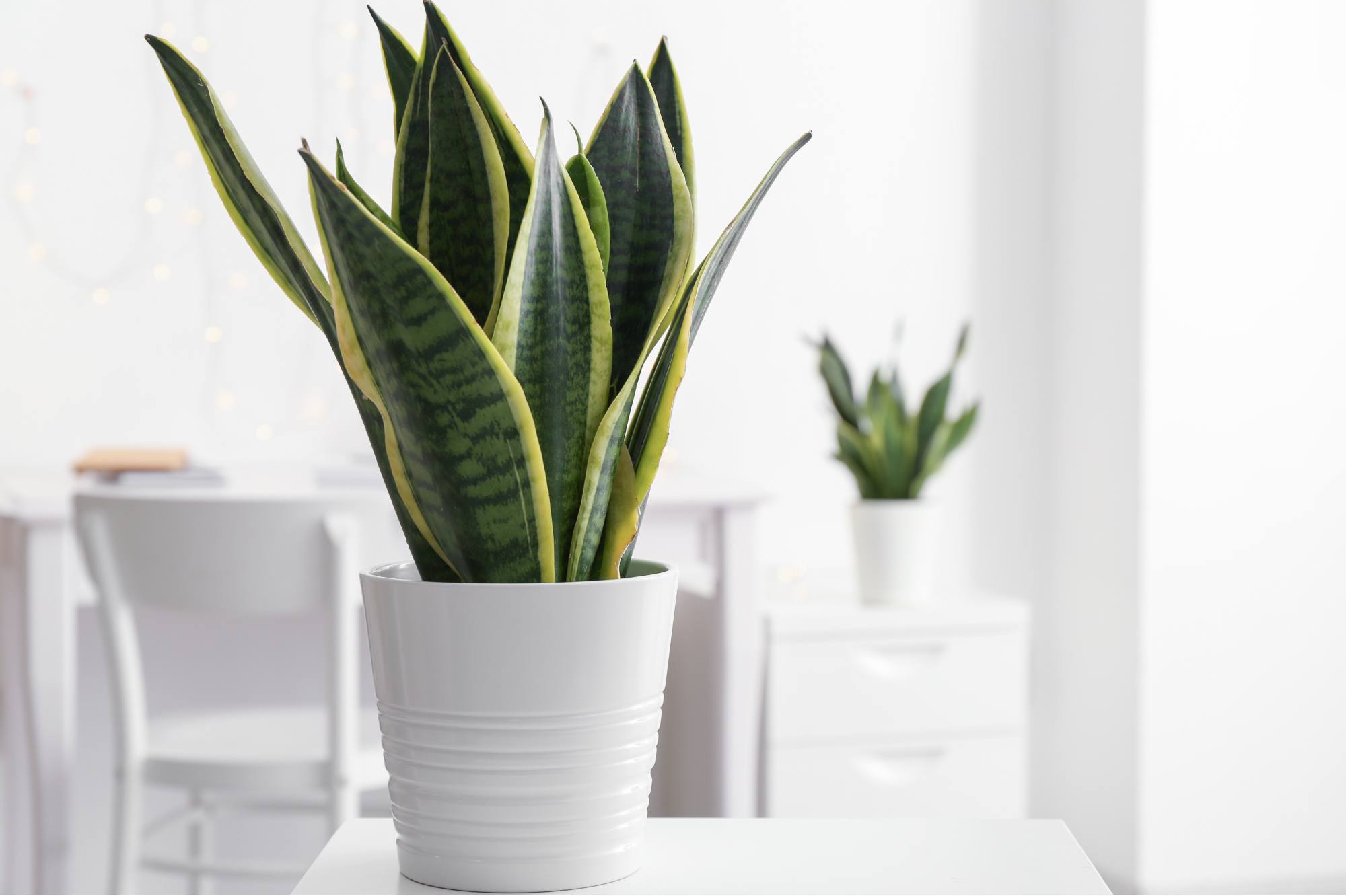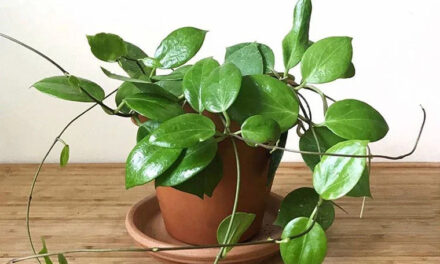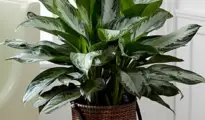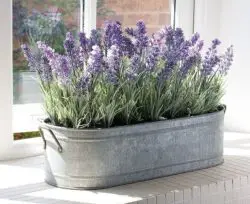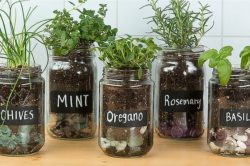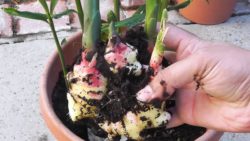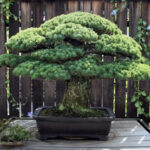Snake plants are the perfect companions for anyone who has a hard time keeping plants alive. These low maintenance plants require almost zero care, and will thrive in almost any environment. Learn how to care for snake plants the right way, and keep them alive for a lifetime! Snake plants are also known as mother-in-law's tongue or sansevieria, and have become increasingly popular in the last few years. This is because they give your home a green and modern look, due to the plant's sharp lines and striking colors. Additionally, people love them because they're so easy to care for, and almost impossible to kill. Most people grow snake plants indoors, but in the summer, they can also be placed outdoors once all danger of frost has passed.
How to Care for Snake Plants Indoors
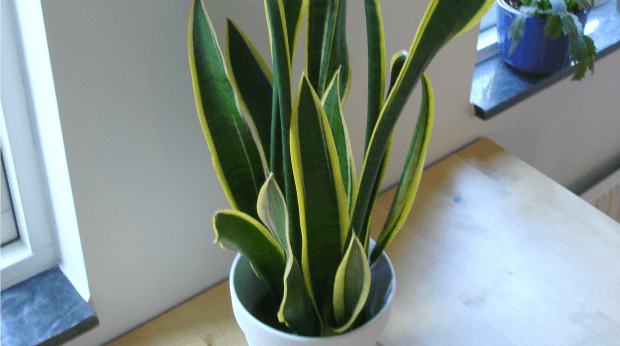
Caring for snake plants is easy peasy! Like we mentioned above, they're one of the most low maintenance plants you can have, so even if you're one of those people that can't keep anything alive, these plants will not care!
#1. Selecting the Right Snake Plant
When purchasing a snake plant, head to your local nursery. While there, choose a plant with dark green leaves. Leaves that are pale could indicate a disease, over watering or under watering. It's also good to choose a plant that's already in a terra cotta pot, because these mediums have good drainage and are porous.
#2. Best Soil for Snake Plants
For snake plants, choose a free-draining potting soil mix. This type of potting mix is best suited for snake plants because it allows for drainage, and also prevents root rot, which snake plants are easily susceptible to. As mentioned above, if possible, use a terracota pot (allows for easy drainage due to its porous material), and never allow water to sit in the saucer. When it comes to these low maintenance snake plants, it's always best to under water.
#3. How Often to Water Snake Plants
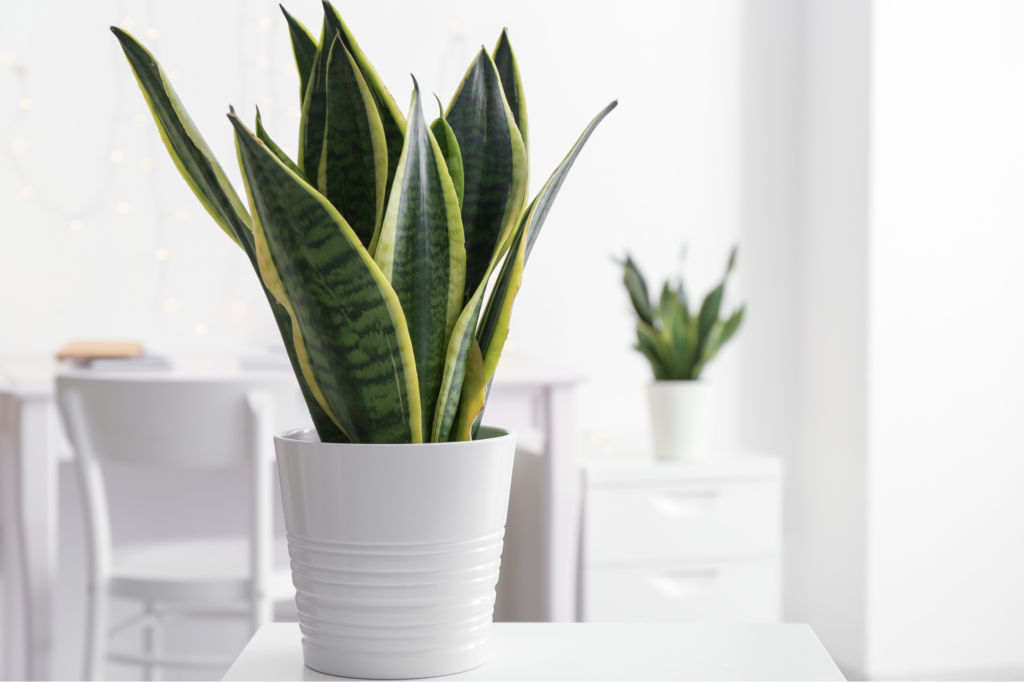
Watering practices can make or break a plant, and over watering is the number reason why plants die. Here's why snake plants are so great – they actually thrive more when you almost ignore them. That's why they're so great for the busy household – set them and forget them. Allow the soil to dry up completely before watering again. To check the soil, simply stick your finger into the soil. If the soil is damp, do not water. If the soil is dry, go ahead and water the soil, but be careful not to wet the leaves. Snake plants can actually go weeks or months without water – so don't worry about watering them too often at all.
#4. How to Fertilize a Snake Plant
Although this is not necessary, snake plants could use some fertilizer now and then. During its growing season (usually in the summer), give your snake plant an all purpose plant fertilizer. Once a month is more than enough.
#5. How Much Light Does My Snake Plant Need?
Because they're low maintenance plants, a snake plant doesn't need much light at all, and actually does not prefer full sun. In thrives in low and indirect sunlight, but can also tolerate a bright indirect light. If your snake plant is outdoors, place it in an area where it will only receive a few hours of direct sunlight, preferably morning sunlight.
#6. How to Propagate Snake Plants
You can easily propagate snake plants because they produce rhizomes and are easily divided. For best results, we recommend you propagate snake plants in the spring. This way, your plant has the summer to grow. Additionally, you can also propagate snake plants through cuttings. Simply cut about 2-3 inches of a leaf and place it in 1 inch of soil. Be sure that the leaf is is facing up. Water immediately and then wait to water again when soil is completely dry. Follow the same care directions as you would for a grown snake plant.
#7. Toxicity
Please be aware that snake plants, if ingested, can be toxic to cats and dogs, and can cause vomiting and diarrhea. Keep snake plants away from the reach of pets. Snake plants are great to have both in your home and your office because they also help to purify the air. The more plants you have, the better the air quality in your home, so plant away! They're low maintenance, easy to grow, cheap to purchase, and they make your home look and feel that much greener!

